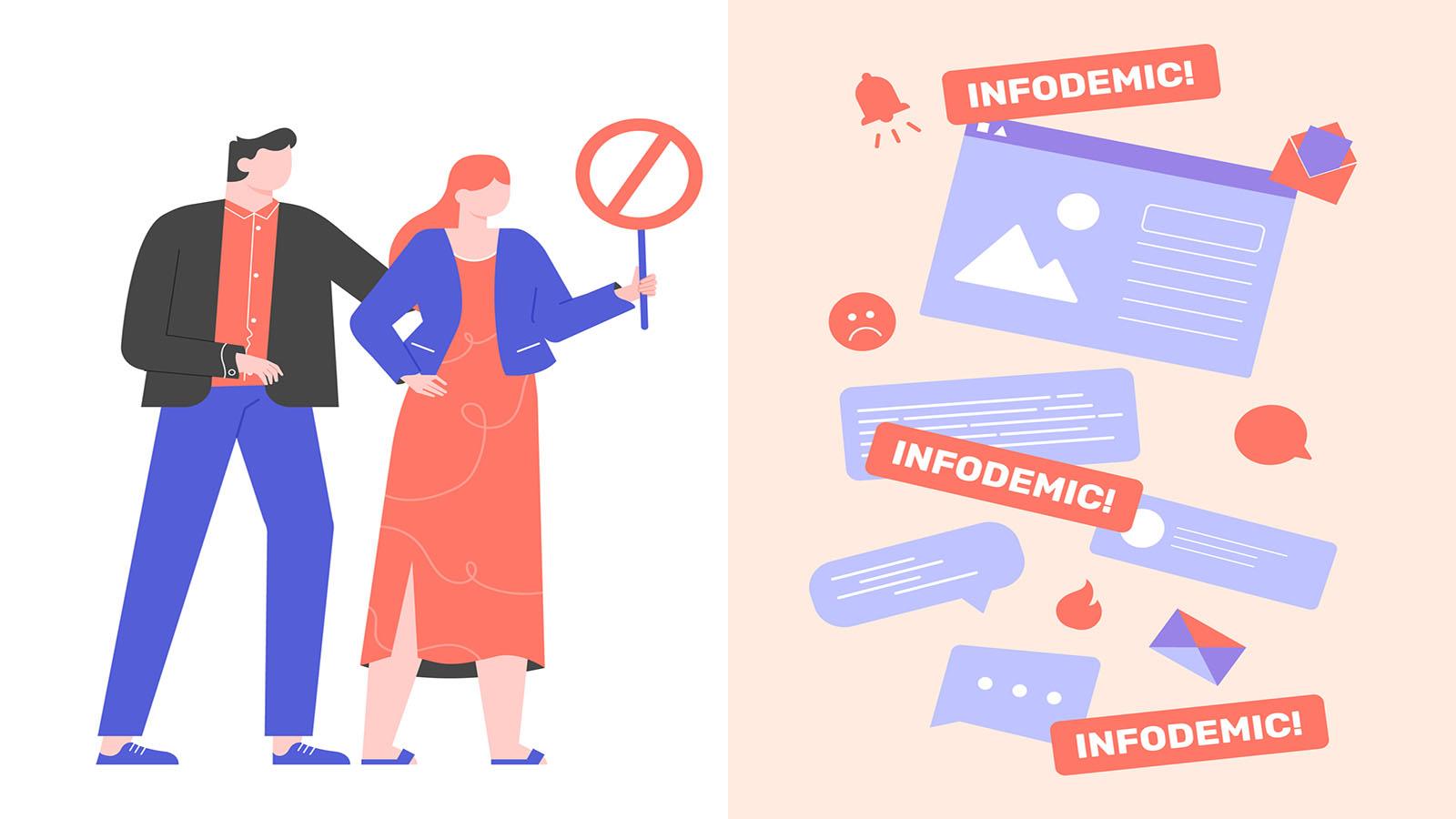According to the World Health Organization (WHO), immunization saves millions of lives each year. But given that many are still hesitant to get vaccinated for COVID-19, it is apparent that we are amidst an ‘infodemic’.
“We’re not just battling the virus,” said WHO Director-General Tedros Adhanom Ghebreyesus in an article on their website. “We’re also battling the trolls and conspiracy theorists that push misinformation and undermine the outbreak response.”
Vaccine-preventable diseases like COVID-19 and influenza continue to pose a significant public health threat. Vaccination is critical to protecting communities and reducing their spread. Although, with an overabundance of falsified information on the internet, you begin to see an increase in people who are vaccine hesitant, said Jim Sherner, Head of U.S. Policy and Government Affairs at CSL Seqirus, influenza vaccines provider.
“The results of an internet search on vaccines can sometimes be shocking,” he said. “The misinformation that appears can really give people pause for concern, and so we have to balance that misinformation with the right messages based on science and delivered by the right people or organizations.”
The solution, as Sherner described, lies in a grassroots effort to collaborate with organizations and public officials who have a credible voice within their community and can put the science forward, deliver the facts and tell the story. Especially in populations where you may have disparities in vaccination rates and disease.
“We have a responsibility to talk to the general public and consumers both directly and indirectly to make sure that they're getting the messages that motivate them to go to their providers and have these deeper conversations. So, the education is absolutely critical,” he said.
Tim Nguyen, manager of the WHO’s Health Emergency Program and information Network for Epidemics likens the solution to developing herd immunity to fake news and estimated that 30 percent of the population needs to become a champion for “good information” in order “to reach populations so that they are inoculated and not susceptible to fake news or disinformation.”
The WHO is working with specific groups such as non-profits, journalists and faith-based organizations to co-develop guidance tailored to each context and community. These groups serve as amplifiers, disseminating accurate health information to people organically.
An example of such organizations at the forefront of this effort are nonprofit organizations based in the United States, Families Fighting Flu and Vaccinate Your Family, who through community outreach programs, social media and educational materials equip individuals with the knowledge necessary to spark change in their local community.
"Health education has the ability to save lives," said Michele Slafkosky, Director of Advocacy & Outreach at Families Fighting Flu. "Considering that more people today are making important health decisions based on what they read online or see on social media, it's critical that we incorporate a digital presence that's highly engaging and leads with science-based knowledge everyone can understand."
To read more about the ‘infodemic’ and what is being done to solve it click here to read the WHO’s article.

